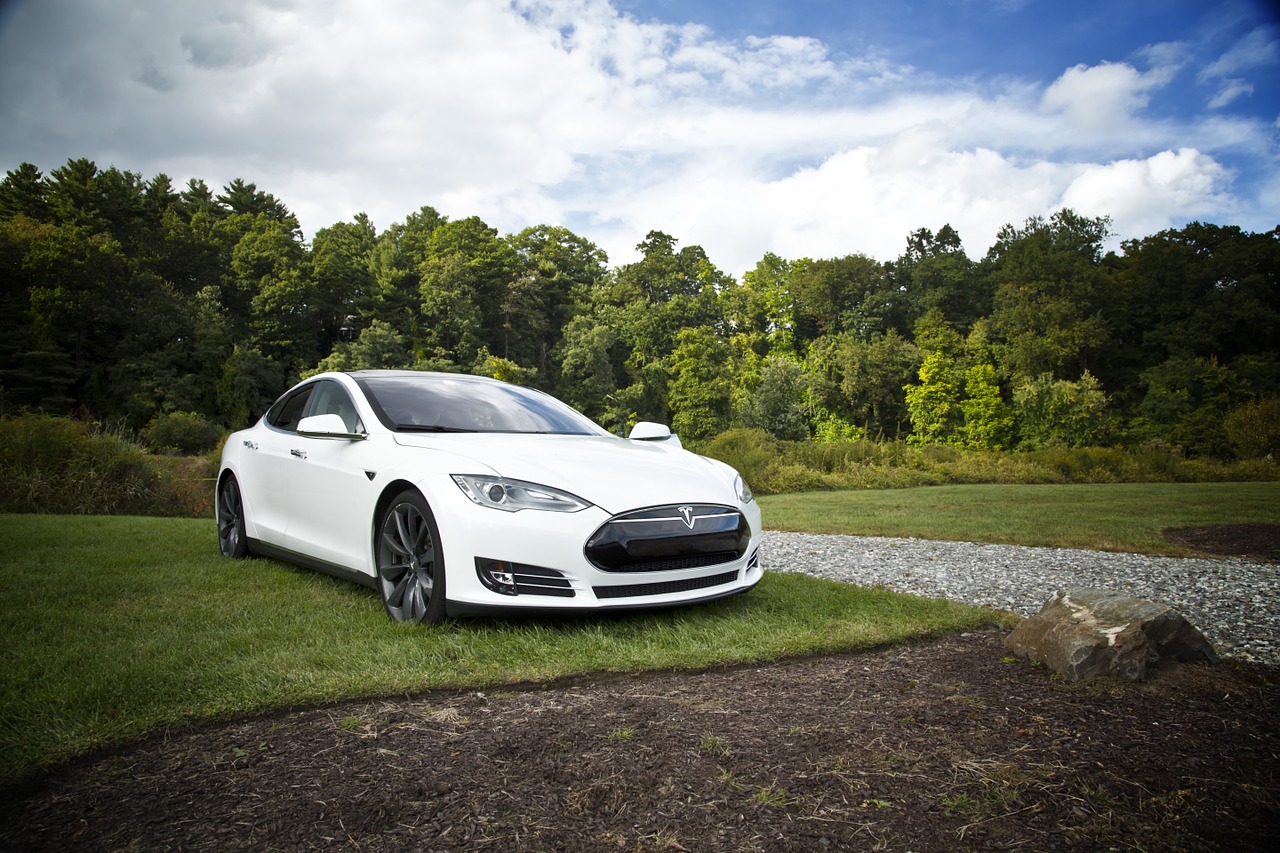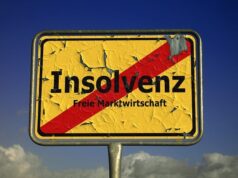
Introduced in 2013, the BMW i3 is one of the best-selling electric cars in the world. Compared to Tesla, the Munich but are in the high-voltage rear meeting. That should change – from 2021.
When it comes to electromobility, BMW likes to see itself as a pioneer. „We are today the market leader in electrified cars in Europe,“ says chief executive Harald Krüger. In fact, the Bavarian carmaker delivered about 75,000 e-vehicles in 2018 and, according to IHS Markit, achieved a market share of 17 percent. Number two is VW with twelve percent, followed by Nissan with eleven percent.
If you take a closer look at the numbers, the picture looks a bit different. In the IHS statistics that BMW distributes, the plug-in hybrids are included. If you exclude these, the Munich are not European champions. In pure, so all-electric vehicles Renault is market leader with 48,000 Stromern sold. Alone of the Zoe were sold nearly 40,000 pieces. BMW, however, only sold about 24,000 copies of the i3.
Clearly behind Tesla worldwide
Last year, BMW was only in sixth place worldwide among manufacturers with almost 87,000 pure new E-car registrations, according to the Center for Solar Energy and Hydrogen Research Baden-Württemberg (ZSW). The number one, Tesla brought almost three times as many Stromer on the road, namely 233,760 copies. Best sold the Model 3 with 146,310 new registrations.
BMW sees itself as number three in the world market with just over 140,000 e-cars sold 2018 – under inclusion of the plug-in hybrid. The Munich come according to the IHS study on a market share of nine percent. Tesla leads the ranking with a world market share of twelve percent, followed by BYD with eleven percent.
Further course information about BMW ST
Plug-in hybrids bring thrustAnyway, no matter what statistics you take, compared to the archrival Daimler, the Munich are already a long way. The share of electrified vehicles in BMW’s total sales is already at six percent – thanks to strong demand for plug-in hybrid models.
By the end of the year, half a million electrified vehicles with the brand BMW and Mini should be on the roads, the Munich promise. In 2019, several new plug-in hybrids will hit the market, including the 3 Series Plug-in Hybrid and the X5 Plug-in Hybrid.
2021, the attack on Tesla
In the pure electric vehicles BMW plays on time. Only in 2021 should come with the iNext the great attack on Tesla. The Stromer, unveiled as a concept car last year, is set to set new standards. It should provide a range of 700 kilometers – thanks to the fifth-generation batteries. The new power storage units are being developed in cooperation with the Chinese battery cell manufacturer CATL.
After that, BMW wants to give strong gas, pardon power. By 2025, the automaker plans to have at least 25 E models in its portfolio. Twelve of them should be fully electric. This year, the E-Mini rolls into the car dealerships, followed in 2020 by the electric X3. From both experts do not expect a big litter. Only the iNext and also the i4, the Stromer of the next generation, could bring the breakthrough.
Are Daimler and VW faster this time?
Daimler and VW could develop faster to „Tesla hunters“. VW starts in the second half of 2019 his big e-offensive with the first model of the compact class from the new ID series. Daimler wants to quadruple the number of models with battery or hybrid drive to 20 times by 2020 compared to last year.
It was already pretty early on BMW in terms of e-mobility. Already in 2010, the Munich had introduced their electric sub-brand „i“. 2013 came with the i3 of the electric city-speedster. This has now blossomed to a bestseller at BMW. Recently, the 150,000th vehicle of the i3 series left the production line in Leipzig.
„Learned from mistakes of the i3!“
„The i3 was a test that would not be repeated today,“ says car expert Ferdinand Dudenhöffer from Car Center Automotive Research in Duisburg. When City Stromer the battery and consequently the range is too small. Likewise, the expensive carbon technology offers few advantages. Now BMW has finally switched with the i4 and iNext on real battery-electric models. Dudenhöffers conclusion: „BMW has learned from the mistakes of the i3, albeit a bit late.“



